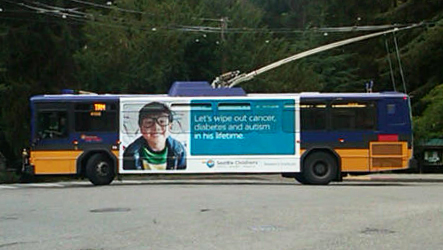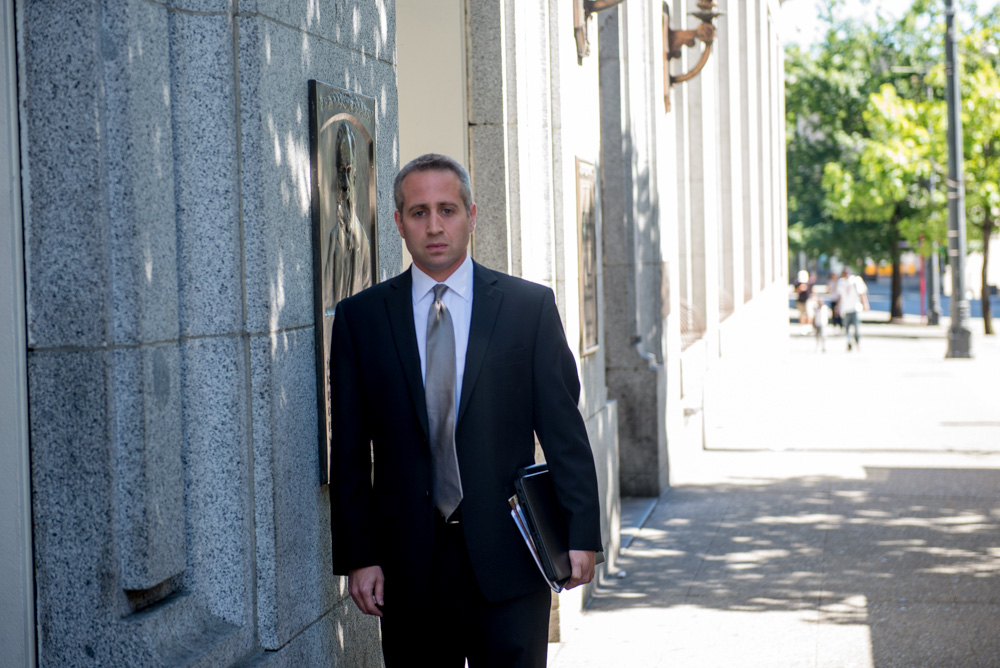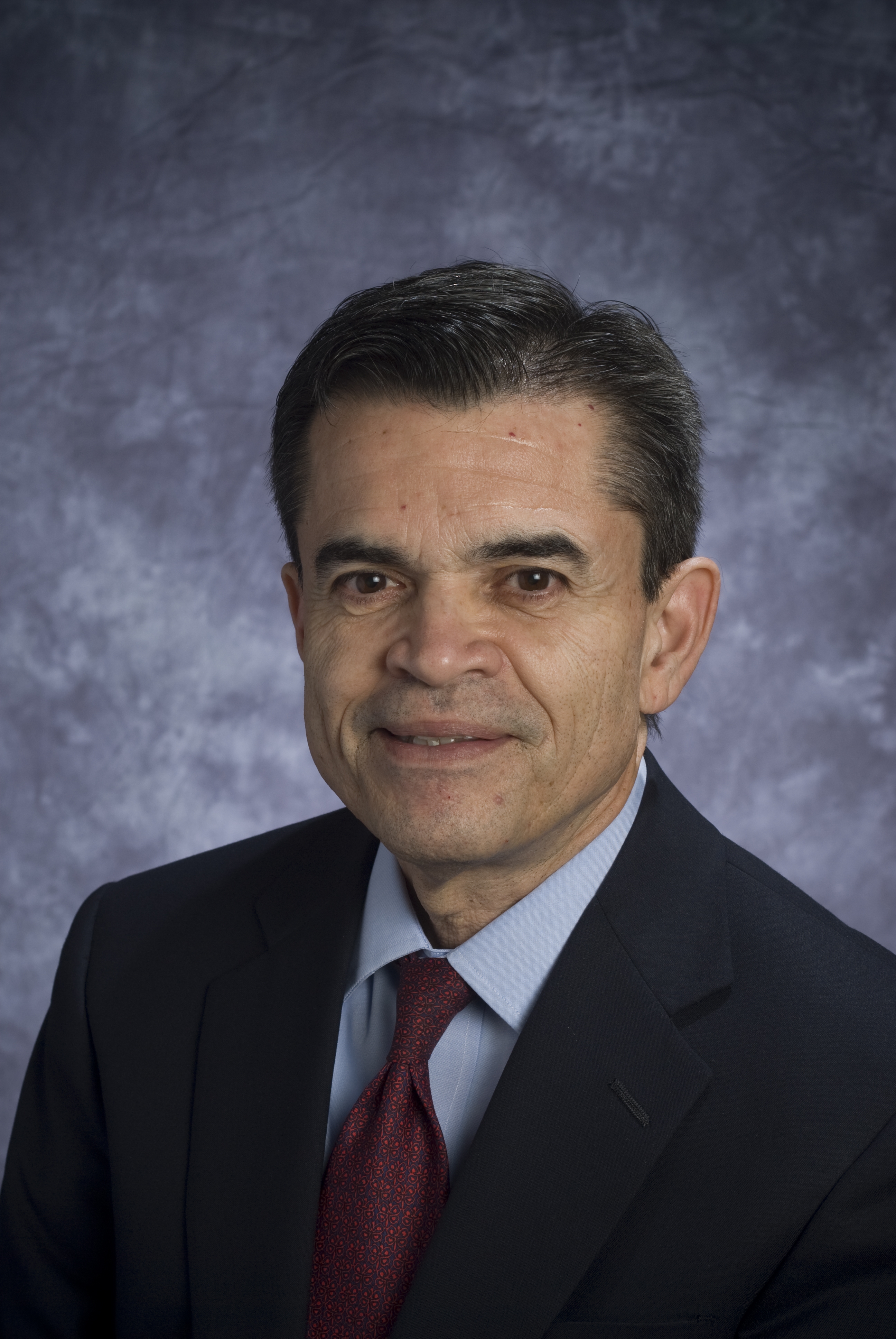Only one version of the measure designed to give Seattle voters another shot at stemming cuts to local metro bus service was approved by the city Council Thursday afternoon, and it was not the one co-sponsored by council members Kshama Sawant and Nick Licata.
That version, which included an annual “head tax” on businesses of up to $18 per year and an expanded commercial parking tax, died in a 6-2 vote despite Sawant’s protestations it stood the best chance to be a “success at the polls.”
Instead, the Council approved a bus funding measure that includes an increased sales tax plus a $60 vehicle license fee. City officials say those moves could generate up to $45 million in revenue to “backfill” King County Metro service after the scheduled September cuts take effect.
As is her wont, Sawant took the Council to task amid debate over the competing versions of the measure and their opposite funding strategies. As it includes a sales tax, the plan ultimately approved by the Council was not the way to address Metro’s funding issues in the long-term, she said. Voting for the Licata/Sawant measure would “send a message to Olympia” and challenge the status quo thinking regarding transportation funding, she added.
Not everyone agreed. “Preserving transit service is the most progressive act we can take,” said Seattle Mayor Ed Murray in a release sent shortly after the vote. “But we must ensure our low-income residents are not overly-burdened by the increased taxes.”
So now that that’s done, what next? Residents will test Sawant’s prediction on November 4 when the measure comes up for a vote. Seattle residents overwhelmingly supported the previous attempt to fund Metro when 66.5 perent voted to pass King County’s Proposition 1 last April during a special election. The rest of the county, though, voted resoundingly against the measure, leading to its defeat.
news@seattleweekly.com








